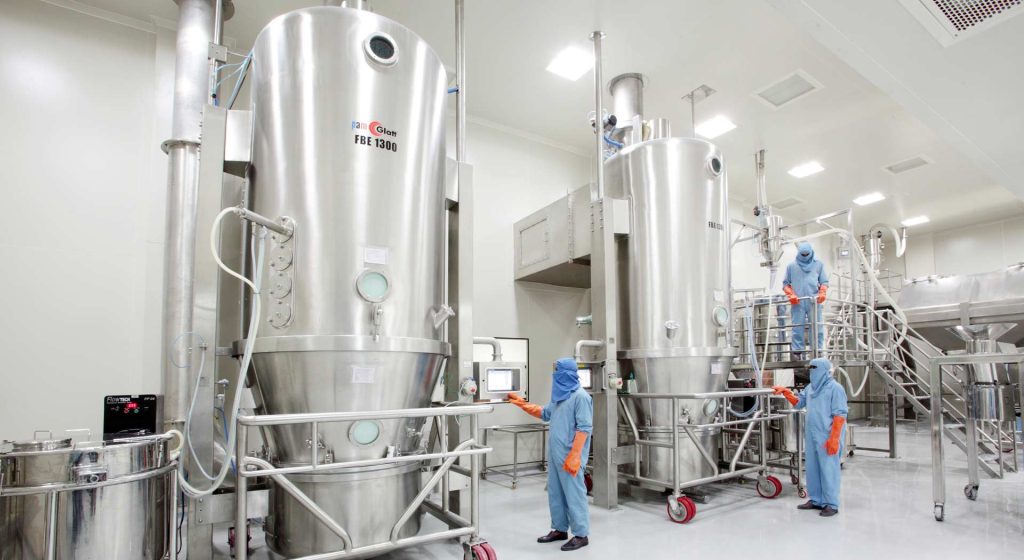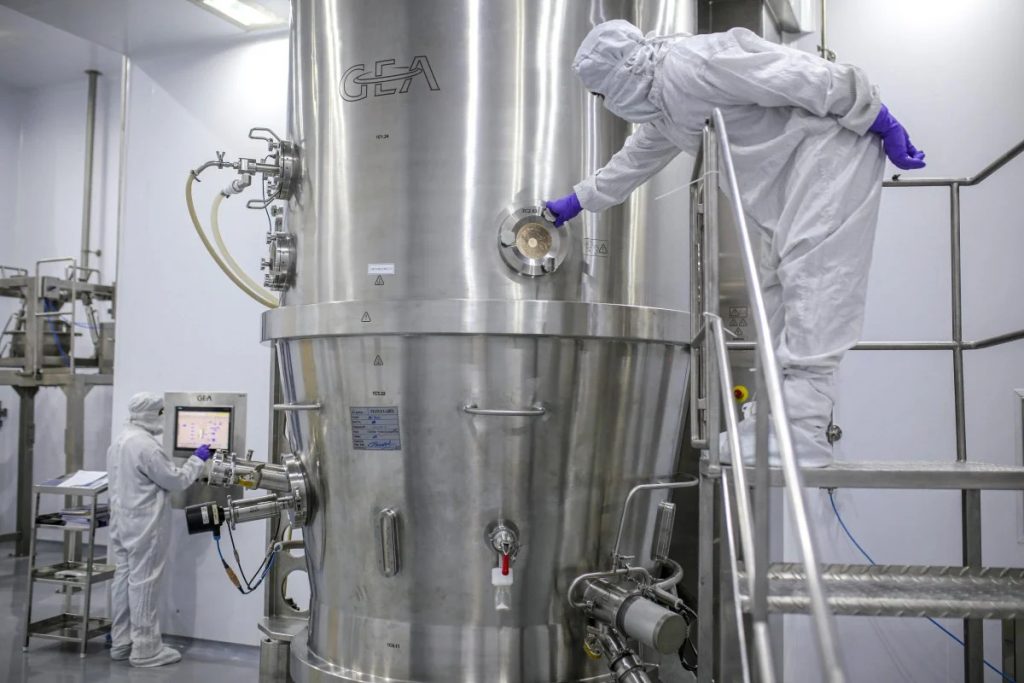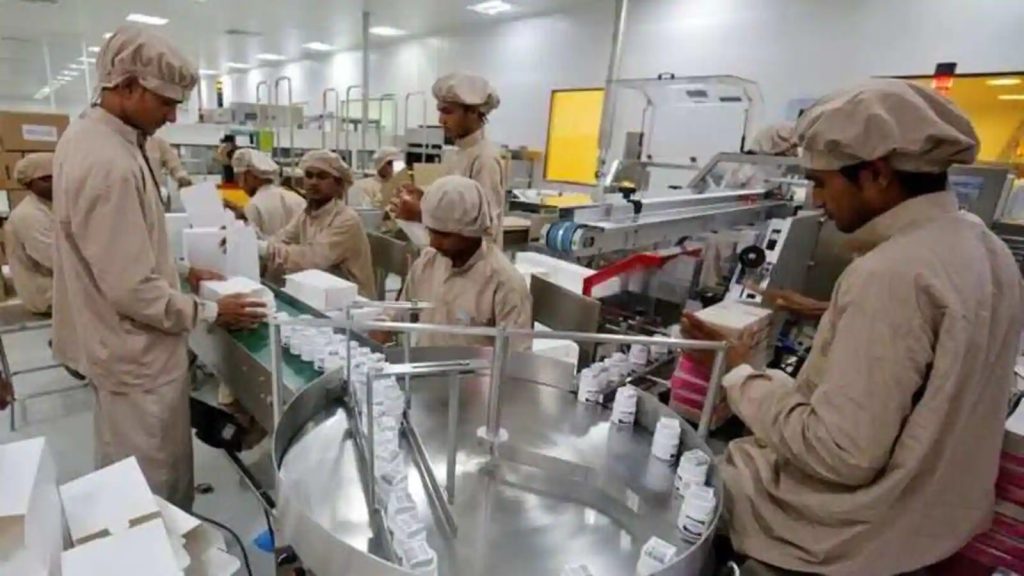India has emerged as a global hub for bulk drug manufacturing due to its low cost of production, skilled workforce, and favorable government policies. The Indian bulk drug manufacturing industry is one of the largest in the world, with a market size of over $20 billion and a growing demand for generic drugs.
Bulk drugs, also known as active pharmaceutical ingredients (APIs), are the raw materials used to produce pharmaceutical formulations. The Indian bulk drug manufacturing industry produces a wide range of APIs, including antibiotics, cardiovascular drugs, analgesics, and antidiabetics, among others.
The Indian government has been actively promoting the bulk drug manufacturing industry through various policies and initiatives. The Department of Pharmaceuticals has launched the “Pharma Vision 2020” to make India a global leader in end-to-end drug manufacturing. The government has also introduced incentives for the sector, including a production-linked incentive scheme that provides financial support to manufacturers for up to 10 years.

India’s bulk drug manufacturing industry also benefits from its large pool of skilled scientists and engineers, who are capable of developing and manufacturing complex APIs. The country has a strong network of research and development (R&D) centers and academic institutions that provide the industry with a steady supply of highly trained professionals.
The industry has also benefited from the growth of the Indian pharmaceutical sector, which is the third-largest in the world in terms of volume and thirteenth largest in terms of value. The Indian pharmaceutical industry is highly dependent on the bulk drug manufacturing industry, as it provides the raw materials for the production of finished pharmaceutical products.
However, the Indian bulk drug manufacturing industry faces some challenges as well. One of the biggest challenges is the lack of adequate infrastructure and technology, which affects the quality of the final product. The industry also faces competition from other countries, such as China, which has a similar cost advantage and a larger market share in the global bulk drug manufacturing industry.

To overcome these challenges, the Indian bulk drug manufacturing industry is taking steps to enhance its capabilities and competitiveness. Companies are investing in R&D to develop new and innovative products, as well as upgrading their manufacturing facilities to meet global standards for quality and safety.
The industry is also focusing on collaborations and partnerships with global pharmaceutical companies to expand its reach and access new markets. Indian companies are increasingly entering into joint ventures and licensing agreements with global pharmaceutical companies to gain access to their technology and expertise, and to expand their product portfolio.

In conclusion, the Indian bulk drug manufacturing industry is a major contributor to the global pharmaceutical supply chain, with a growing demand for its high-quality, low-cost products. The industry has benefited from favorable government policies, a skilled workforce, and a strong R&D infrastructure. However, the industry faces challenges, including the need to upgrade its technology and infrastructure to meet global quality standards. With continued investments in R&D and collaborations with global partners, the Indian bulk drug manufacturing industry is poised for growth and continued success.
